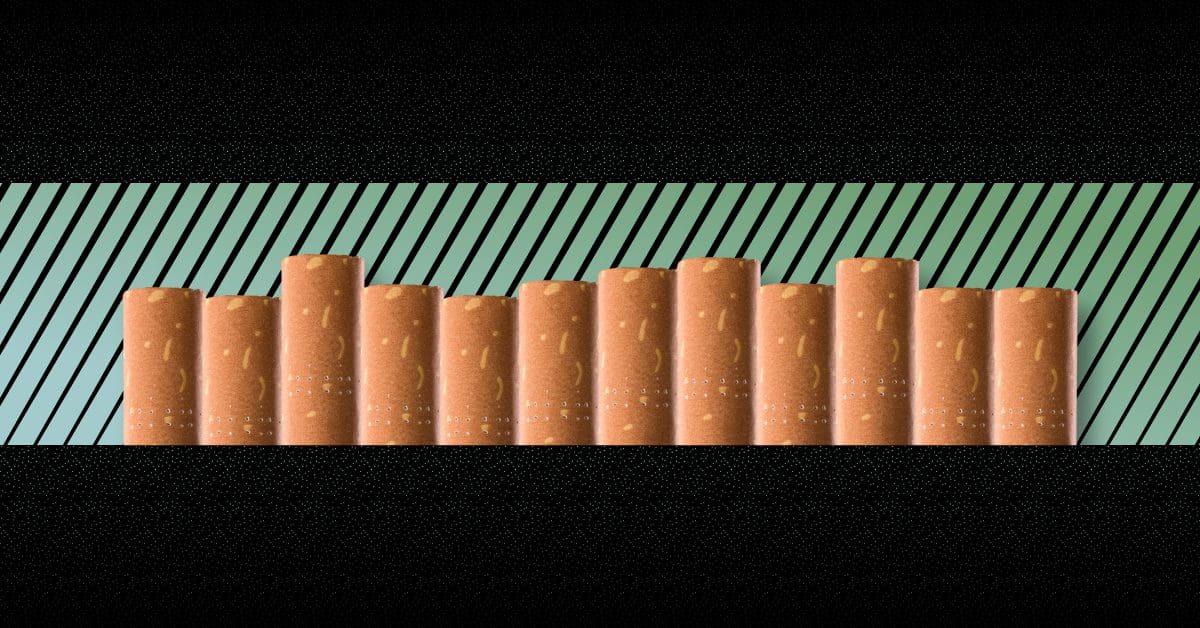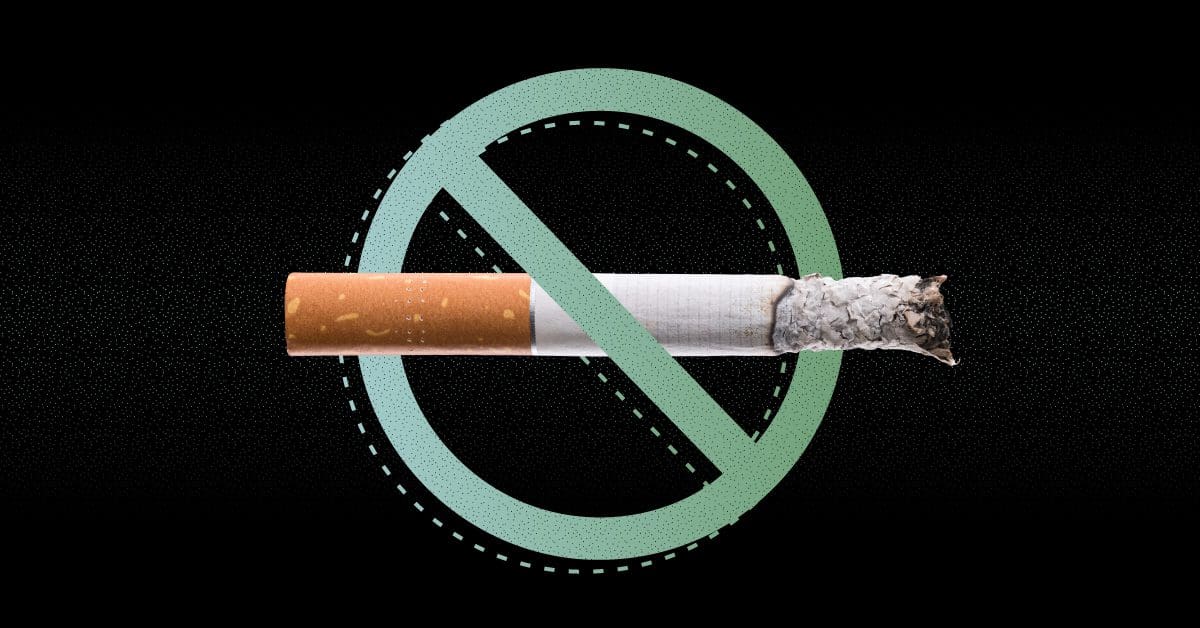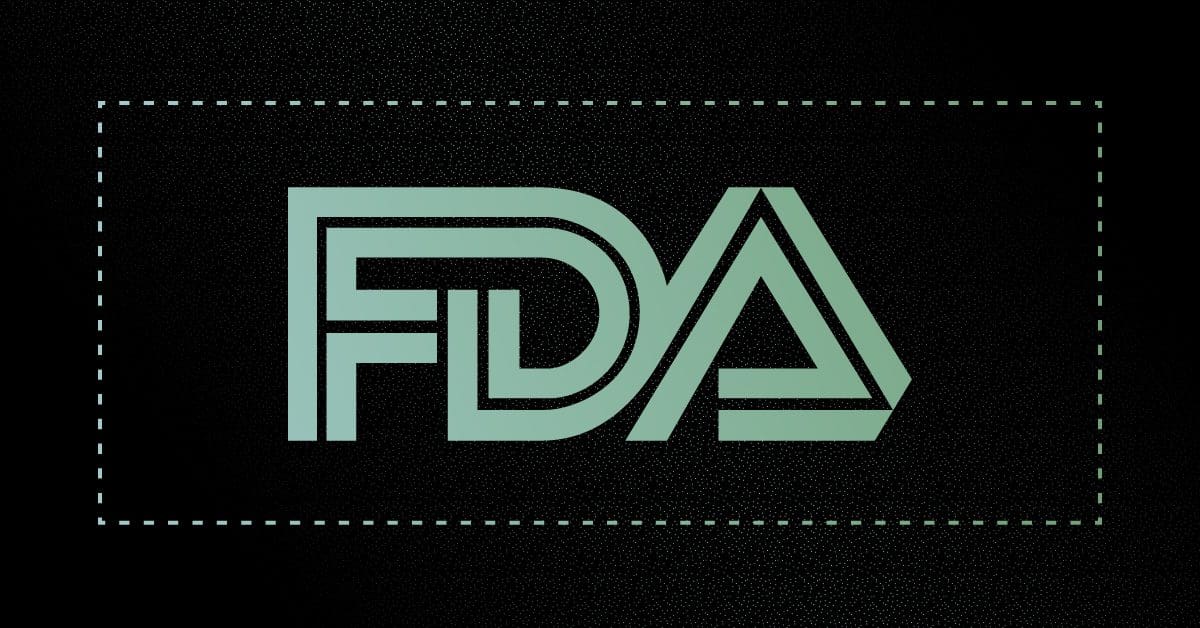The Truth About Menthol and Why We Need To Ban It

Menthol is a strong flavor derived from mint plants and added to tobacco products to mask the harsh burn and bitter taste. The soothing-cool sensation of menthol makes it easier for non-tobacco users to start and stumble into a lifetime of addiction. Recently, the Food and Drug Administration (FDA) set rules for the future ban of menthol cigarettes, so retailers and lawmakers are clear on the regulation. Menthol and other flavored tobacco products are a growing public health concern. The Tobacco Settlement Endowment Trust (TSET) helped fund research that uncovered some troubling facts and stats that prove a policy against menthol is needed. Learn the truth about menthol cigarettes.
Demographics and menthol preference
A preference for menthol-flavored cigarettes is more likely among:
- Non-Hispanic Black and Hispanic teens
- Female teens
- Those who started smoking at an earlier age (15-17)

Why ban menthol cigarettes?
The 2009 FDA ban on flavored cigarettes, excluding menthol, led to a 17% decrease in the probability of teens initiating smoking. However, it also resulted in a staggering 45% increase in the use of menthol cigarettes, highlighting the appeal of these flavored products. Because of the flavor and cooling sensation, menthol cigarettes are also easier to start and harder to quit. A ban on menthol cigarettes could:
Support Black Americans
Big Tobacco spends a substantial amount of resources promoting menthol products specifically to Black Americans: Over 80% of Black smokers use menthol cigarettes. Tobacco use is the number one cause of preventable diseases and deaths among Black Americans, claiming 45,000 lives every year. These statistics are the direct result of decades of unfair and inequitable advertising to the Black community.
Protect prospective smokers from a lifetime of addiction
The earlier someone starts to smoke, dip or vape, the harder it is to stop. Menthol’s cooling sensation makes it easier to inhale deeply and often hides the discomfort first-time tobacco users typically experience. Tobacco companies know this, and they show no shame in their efforts to entice and addict children. Despite recent flavor regulations, menthol remains on the shelves, ready to addict a new generation.
In the U.S., 4 out of 5 youth smokers will become adult smokers. It’s a statistic Big Tobacco counts on to keep turning a profit. Since half of all adult smokers will die from smoking, tobacco companies need a constant stream of new recruits to stay profitable.
According to the 2020 National Youth Tobacco Survey:
- 37% of high school students who currently used flavored e-cigarettes reported using a menthol flavor.
- 3% of high school students who used e-cigarettes and one or more additional tobacco products used menthol.
In November 2018, JUUL removed fruit-flavored cartridges from shelves but kept mint and menthol flavors available. By April 2019, fruit flavor sales had fallen by 9.1%, while menthol sales increased from 33% to 62.5%. The 2020 FDA ban on flavored e-cigarette cartridges led to a shift toward disposable e-cigarettes, with menthol cartridge sales increasing to 63.5% of all cartridges sold that year.

Why was the FDA menthol ban delayed?
Despite overwhelming evidence supporting the ban on menthol cigarettes, as of April 2024, progress is stalled due to opposition from tobacco companies and political hurdles. This decision prioritizes political growth over American lives as Executive Administration parrots the false claims from the tobacco industry about civil rights. The tobacco industry has allocated several significant resources to oppose the ban, employing tactics such as lobbying and legal challenges to delay action. However, public health advocates continue to push for action.

How will it be enforced?
If the ban on menthol cigarettes is implemented, it will take several enforcement measures to ensure compliance and prevent illegal sales. The FDA and other regulatory agencies will be responsible for penalizing retailers and manufacturers who violate the ruling.
Oklahomans don’t have to wait for the ban to take effect before quitting menthol. If you, or someone you know is thinking about quitting tobacco, the Oklahoma Tobacco Helpline offers FREE resources, including patches, gum or lozenges and Coach support to help make quitting a little easier. Learn more at OKhelpline.com.







